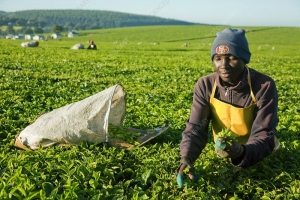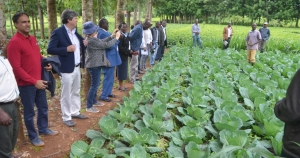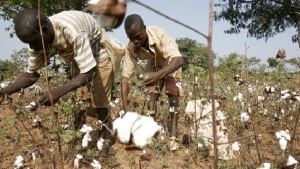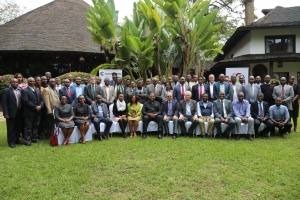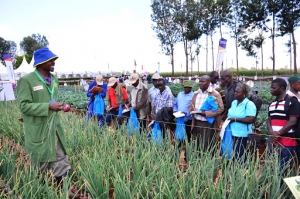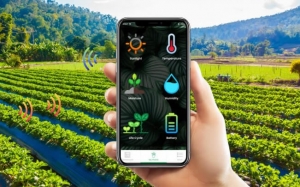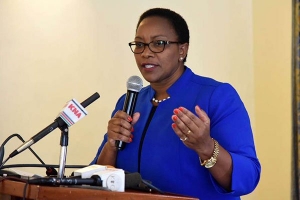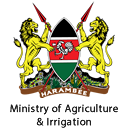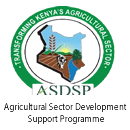
Twiga Foods and Jumia Kenya sign fresh produce distribution deal
E-commerce platform Jumia Kenya and Twiga Foods have signed a partnership agreement that will enable shoppers on the platform to buy fresh produce as well as processed foods distributed by the farm produce aggregator.
Kenya launches coffee revitalization programme
The CS says the programme will be implemented in the spirit of implementing the recommendations of the coffee task force that was appointed by the President. The programme will be undertaken through ongoing World Bank projects, namely the National Agricultural and Rural Inclusive Growth Project (NAGRIP) and the Kenya Climate Smart Agriculture Project (KCSAP).
Announcement of Tea Policy, Regulatory and Administrative Reforms amidst mixed Stakeholder reactions
Agriculture CS Peter Munya on 16th April 2020 introduced a raft of measures aimed at sanitizing the tea industry. However, these interventions left a section of private sector players and KTDA membership that constitutes the board and management aggrieved, citing lack of consultation and over-regulation by the government.
IFAD fund setup to mitigate rural food crisis in wake of COVID-19
With the COVID-19 pandemic and economic slowdown threatening the lives and livelihoods of the world’s most vulnerable people, the UN’s International Fund for Agricultural Development (IFAD) today committed US$40 million, and launched an urgent appeal for additional funds, to support farmers and rural communities to continue growing and selling food.
Ministry of Agriculture begins distribution of Non-BT Cotton
15th April 2020 saw the disbursment of Non-Bt Cotton from the Ministry of Agriculture, Livestock, Fisheries and Cooperatives (MALFC) headquarters. While flagging off the consignemt, the CS noted that cotton can potentially be grown in 24 counties in arid and semi-arid areas.
MALFC, Microsoft Collaborate To Achieve 100% Food and Nutrition Security
As part of its ongoing investment into agriculture for social good and AI, Microsoft announced the signing of a Memorandum of Understanding (MoU) with the Ministry of Agriculture, Livestock, Fisheries and Cooperatives (MALFC) to collaborate in accelerating innovation in the agricultural sector in Kenya.
Rekindling agriculture through private sector
“We are all in the gutter, but some of us are looking at the stars” Oscar Wilde - these words have never rang more true than at these present moment. The agriculture sector has been battered by a bad set of policy directives, price volatility, natural maladies and extortionist brokers. However, rather than to perennially complain about these set of circumstances, a number of stakeholders in the industry are working towards rehabilitation of this crucial sector.
Are extension services dead?
For those perusing for a quick verdict, the answer is NO. Digitization and a shift in demographics have necessitated new approaches towards service delivery. The use of manuals, brochures, journals and human capital has been replaced with mobile Apps and video tutorials, thus dissemination of information, training, data collection and research through these old methods has fallen victim to digital disruption. But what of soil sampling and lab tests? More on that later.
Agriculture and Big data
The dawn of mobile telephony ushered new opportunities across industries. The advancements in this technology from rudimentary gadgets to sophisticated smartphones meant the limits of exploration were constrained by imagination.
Foreword AIK Guide 2015/16 Cecily Kariuki - PS, State Department of Agriculture
The agricultural sector plays an important role in Kenya’s economy. It creates employment and opportunities for sustaining livelihoods, enhances foreign exchange reserves, provides raw materials for the industrial sector and is a market for goods and services from other sectors. Within the rural areas, more than 70% of households derive their income from agriculture.






